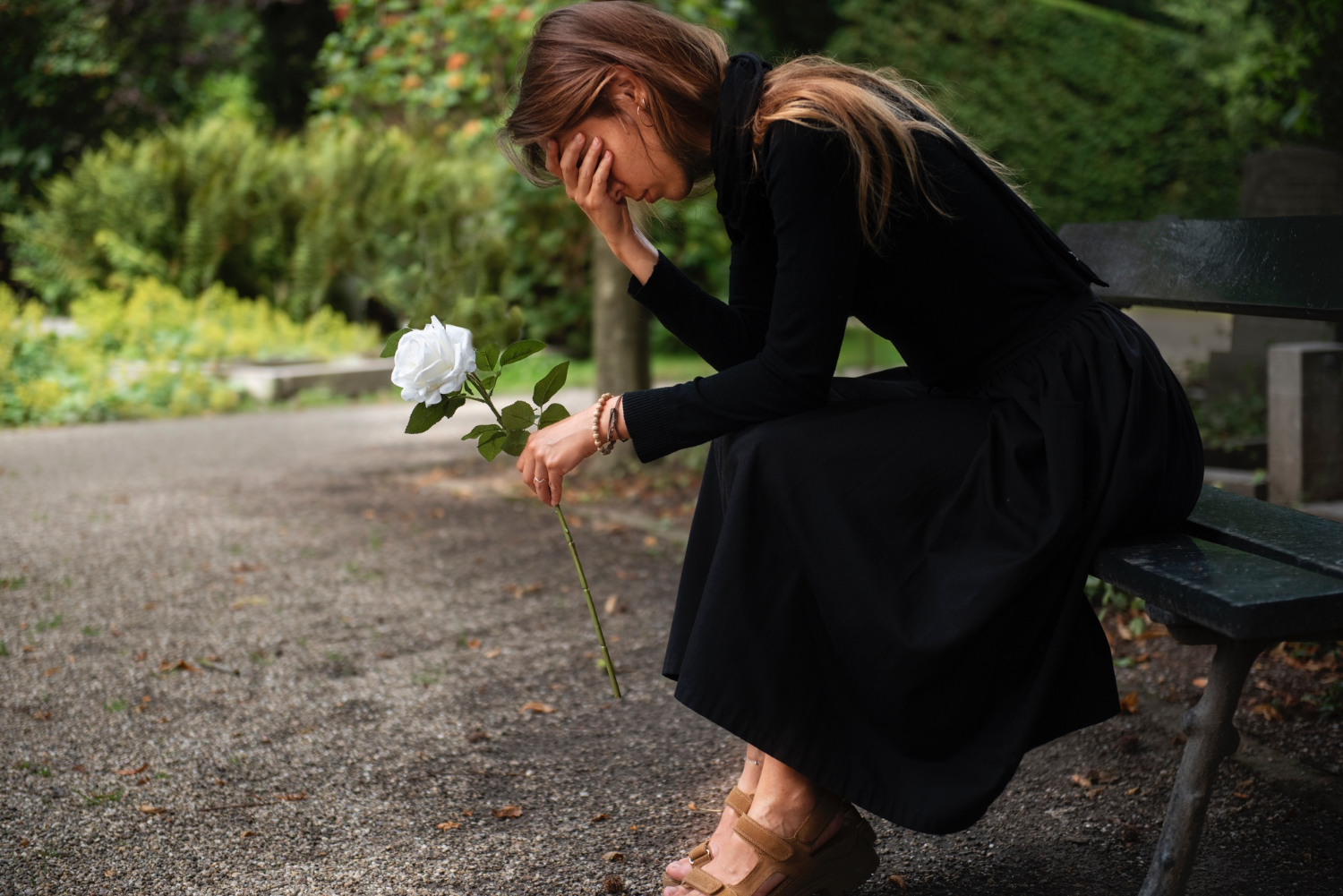
Imagine this: you pass away unexpectedly, leaving your family and friends to navigate the difficult emotions of grief while also dealing with the complex legalities of your estate. Unfortunately, this scenario becomes even more challenging when you don’t have a will.
What is a Will?
Simply put, a will is a legal document that outlines your wishes for how your assets and belongings should be distributed after your death. It allows you to take control and ensure your loved ones are cared for according to your desires.
What Happens Without a Will?
If you die without a valid will, your estate (everything you own) is handled according to intestacy laws. This means the government dictates how your assets are distributed, often leading to unintended consequences:
- Unforeseen Distribution: The law dictates who inherits your assets, which may not align with your wishes. Distant relatives could receive a share, while close family members might be left with nothing.
- Family Conflict: Disputes amongst beneficiaries can arise, causing unnecessary stress and tension during a difficult time.
- Long Delays: Settling the estate can take significantly longer without a clear roadmap, leaving your loved ones waiting for their inheritance.
Avoiding the Uncertainty:
By creating a will, you can:
- Control Your Legacy: Ensure your assets and belongings are distributed according to your wishes, leaving a lasting impact on your loved ones.
- Minimize Family Conflict: Provide clear instructions, reducing the risk of misunderstandings and disagreements amongst beneficiaries.
- Protect Your Loved Ones: Appoint a trusted guardian for minor children and outline your wishes for their upbringing.
- Save Time and Money: Streamline the estate settlement process, saving your family from unnecessary delays and legal costs.
Taking Action:
Don’t leave your loved ones guessing. Consider consulting with a legal professional to create a personalized will that reflects your unique wishes and circumstances. By taking this proactive step, you can ensure peace of mind for yourself and provide clarity and security for your family during a challenging time.
Remember, creating a will is not just about wealth; it’s about expressing love and care for loved ones.
Secure your legacy and ensure your wishes are met. Contact us today for a consultation and discover how we can help you create a personalized will that reflects your unique circumstances.


Recent Comments